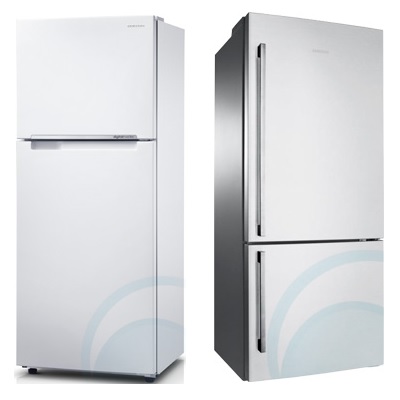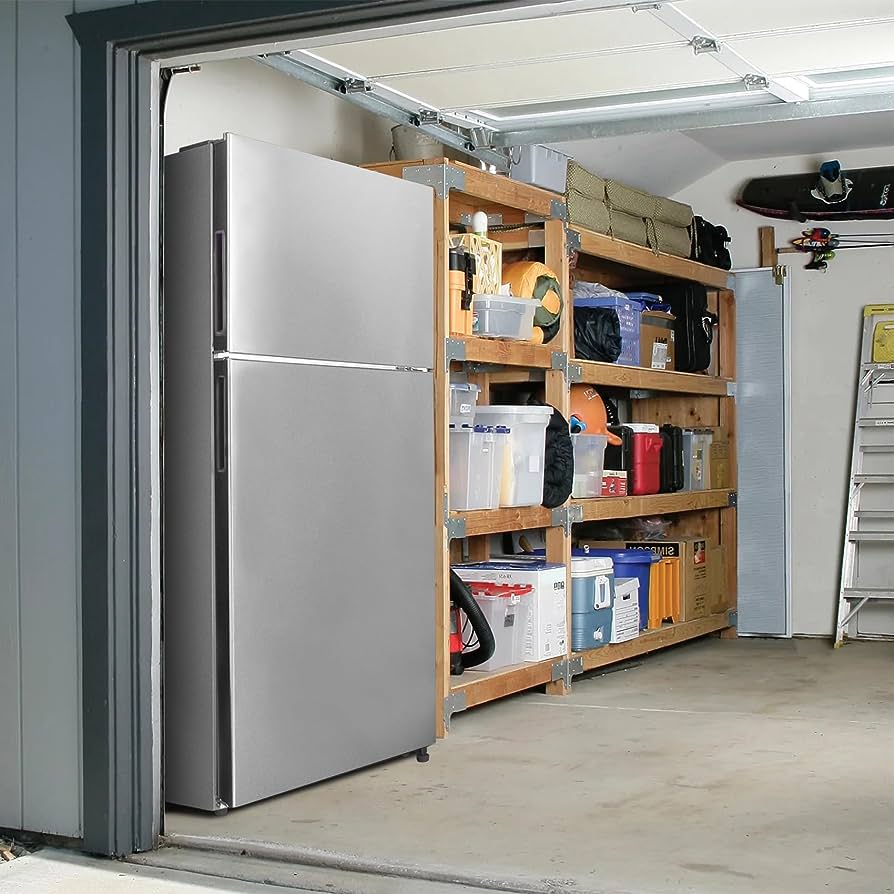Winterizing your home appliances is an essential part of preparing your home for the colder months. Proper winterization can help you save energy, prevent damage, and ensure your appliances function optimally during the winter. Here’s an ultimate guide to winterizing your home appliances:
- Refrigerator and Freezer:
- Clean the condenser coils to ensure efficient operation.
- Check the door seals for any cracks or leaks, and replace them if necessary.
- Keep the fridge and freezer stocked; a full appliance is more energy-efficient.
- Oven and Stove:
- Clean the oven, stovetop, and range hood to prevent any leftover residue from burning and producing odors.
- Check gas burners for proper ignition and flame color. Adjust as needed.
- Dishwasher:
- Run an empty cycle with a vinegar-based cleaner to remove mineral deposits and food residue.
- Inspect the door gasket for any wear or damage and replace if necessary.
- Washing Machine:
- Disconnect the water hoses, drain them, and store them indoors.
- Run a maintenance cycle with a washing machine cleaner to prevent mold and odors.
- Leave the door open when not in use to allow air circulation.
- Dryer:
- Clean the lint filter and the exhaust duct to prevent fire hazards.
- Ensure the outdoor vent is clear of debris and pests.
- Inspect the electrical connections and replace any damaged cords.
- Water Heater:
- Insulate the water heater and pipes to conserve energy.
- Check for leaks and repair any issues.
- Lower the temperature to 120°F (49°C) to save on energy costs.
- Furnace/Heating System:
- Replace the furnace filter and consider installing a programmable thermostat to save on heating costs.
- Schedule a professional inspection and maintenance to ensure efficient operation.
- Seal any gaps and insulate ductwork to prevent heat loss.
- Fireplace:
- Ensure the flue is clean and in good condition.
- Check the damper to make sure it opens and closes properly.
- Use a fireplace screen to prevent sparks from escaping.
- HVAC System:
- Schedule a professional maintenance check for your heating, ventilation, and air conditioning system.
- Change the air filter regularly to improve indoor air quality and energy efficiency.
- Small Appliances:
- Unplug or disconnect small appliances like coffee makers, toasters, and microwaves when not in use to prevent electrical issues.
- Store them in a dry place away from potential leaks or spills.
- Outdoor Equipment:
- Drain and winterize any outdoor appliances like lawnmowers, pressure washers, and irrigation systems.
- Store these items in a protected area.
- General Tips:
- Ensure your home is adequately insulated and caulk any gaps around windows and doors.
- Install storm windows and doors for extra insulation.
- Keep your home at a consistent temperature to prevent appliances from working too hard to compensate for extreme cold.
Remember that safety should be a top priority when winterizing your home appliances. If you’re unsure about any tasks, consider hiring a professional to inspect and service your appliances. Taking these steps will not only help you save on energy bills but also extend the lifespan of your appliances and prevent unexpected breakdowns during the winter months.






